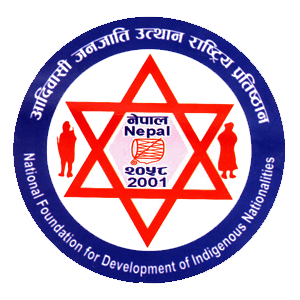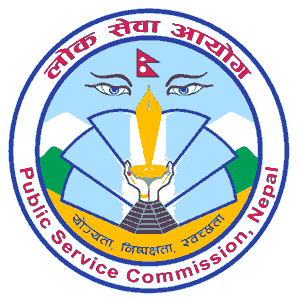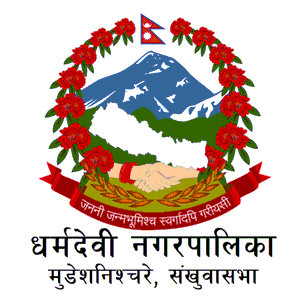Overview
Nepal Administrative Staff College (NASC - Nepal Prashasanik Prashikshan Pratisthan) was Established on September 27, 1982, under the Nepal Administrative Staff College Act, 1982. NASC stands as a pivotal institution in enhancing the administrative capabilities of Nepal's government and public enterprise employees. This autonomous body plays a crucial role in aligning Nepal's administrative workforce with the nation's developmental objectives.
Objectives of NASC
-
Comprehensive Training for Government Employees: A primary objective of NASC is to offer essential training programs to the employees of the Government of Nepal and Public Enterprises. This training is designed to improve their skills, knowledge, and professional competencies.
-
Enhancing Administrative Capability: NASC aims to identify and implement strategies that boost the administrative efficiency of the Nepal Government. This involves improving management practices within public enterprises to make a significant contribution to the country's development programs.
-
Research and Development for Improved Training: Undertaking problem-oriented research is a key objective of NASC. This research focuses on creating effective training materials and methodologies. Additionally, NASC provides consulting and information services to ensure that the training is relevant, up-to-date, and addresses the current challenges faced by government administrators.
NASC's Training Policy
- Integration with Personnel Administration: Training programs are designed as integral components of personnel administration.
- Alignment with National Development: These programs are closely linked with the development activities of the Nepalese Government and Public Enterprises.
- Career Development Focus: NASC emphasizes enhancing career-related knowledge and skills, promoting development-oriented learning.
Key Training Programs at NASC
-
Basic Administration Training (BAT)
- Target Audience: New entrants (Gazetted Class III officers) in Nepal's public administration.
- Course Objectives: To enhance knowledge, skills, and attitudes progressively, adhering to Nepal's Constitution which highlights fairness, competence, and transparency in public administration.
- Training Approach: Combining theory with practical experiences, this course includes in-class exercises, field visits, and peer learning, aiming to develop a professional foundation for managing public affairs.
-
Advanced Course on Management and Development (ACMD)
- Target Group: Mid-level executives in public organizations.
- Focus Area: This course aims to enhance the professionalism of mid-level executives, essential for effective public sector management.
- Methodology: Developed through a detailed learning needs assessment, including individual questionnaires and expert opinions, the course is continuously updated to meet current demands.
-
Professional Course on Management and Development (PCMD)
- Target Audience: Gazetted Class-III officers and equivalents.
- Objective: To build capacities at the frontline of public service, enabling officers to become effective change agents.
- Learning Approach: This course combines perspective building with skill development, focusing on both classroom learning and practical field studies.
NASC's Role in Nepal's Socio-Economic Transformation
NASC plays a crucial role in the socio-economic transformation of Nepal. By equipping public sector officials with the necessary skills and knowledge, NASC contributes to the vision of sustainable peace, good governance, development, and prosperity. The institution's commitment to developing a competent, transparent, and accountable public administration aligns perfectly with Nepal's aspirations for progress and development.
Organizational Structures of NASC
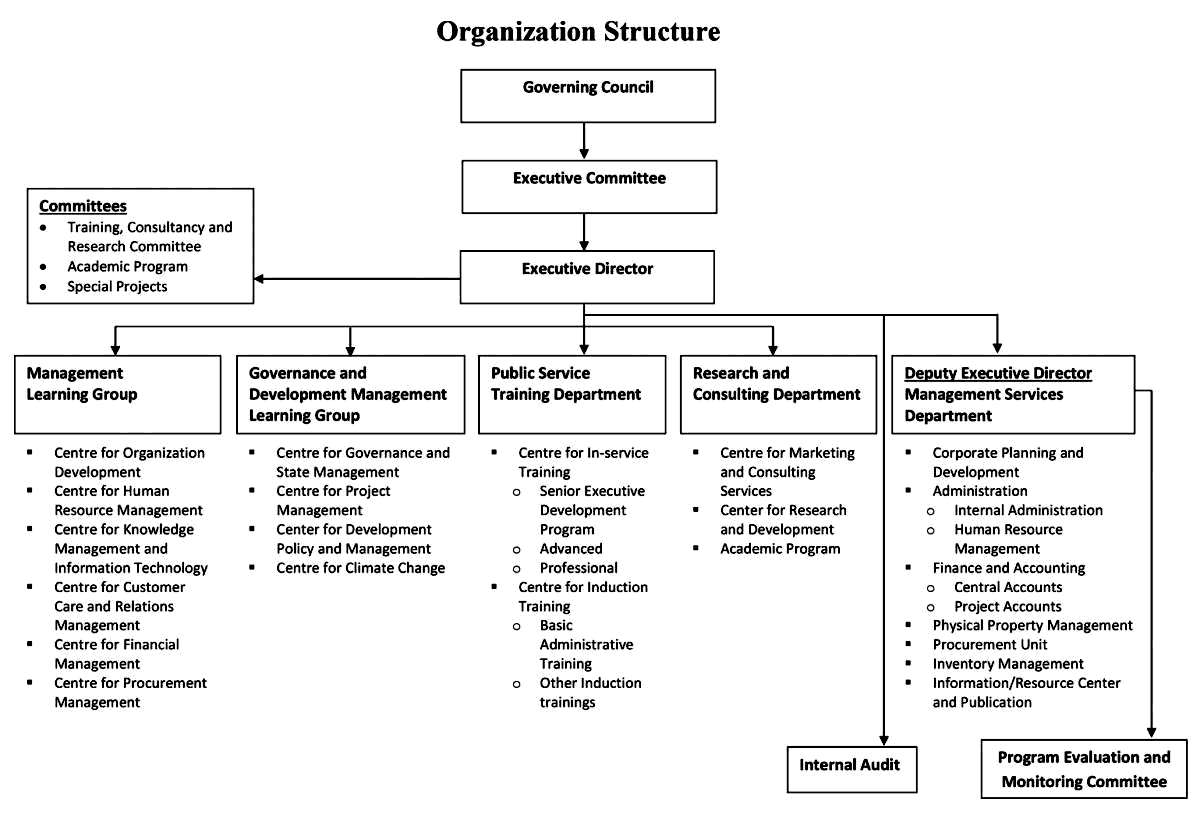



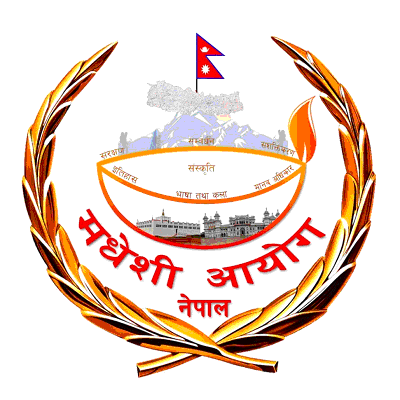
-Logo.png)
-Logo.png)
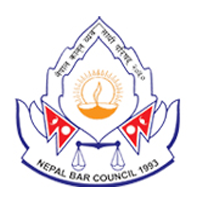
.png)
